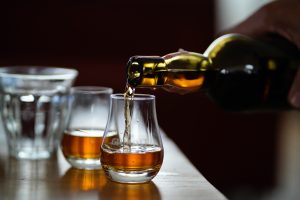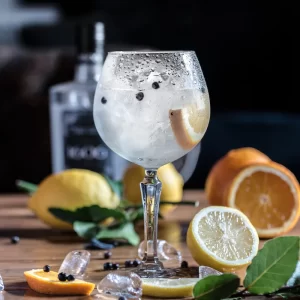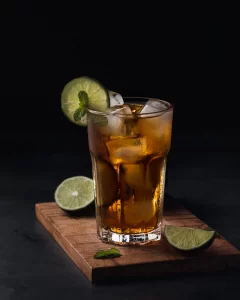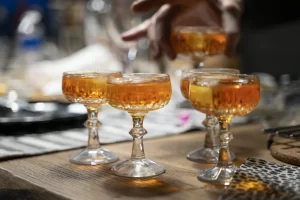Florida Liquor Laws And Regulations
Alcohol consumption has been a part of many cultures for centuries, but the laws surrounding it have changed drastically over the years. In Florida, liquor laws and regulations have been in place for decades, and they can be confusing to navigate.
This article will provide an overview of Florida’s liquor laws and regulations, including who can purchase, sell, transport, and consume alcohol within the state.
What Are The Main Rules Surrounding Liquor Laws In Florida?
One of the major rules in Florida’s liquor laws is that anyone under the age of 21 is prohibited from purchasing, consuming, and possessing alcohol. This applies to both residents and visitors to Florida.
It is also illegal for minors to attempt to purchase alcohol by using a fake ID or another form of false identification. Violators are subject to fines, jail time, or even license suspension.
What Are Florida’s Liquor State Fees?
In the state of Florida, alcohol sales are prohibited between 1 am and 7 am in reference to liquor law regulations.
This applies to both on-site or off-premises establishments such as bars, restaurants, or retail stores. All governing jurisdictions have agreed upon this limitation of hours due to public safety concerns.
However, there is a stipulation that local jurisdictions may override these restrictions and adjust the selling hours as needed. Counties like Miami-Dade have chosen to allow 24/7 alcohol selling by retail stores, so long as the proper licenses are held.
This provides more flexibility for businesses that may need to operate extended hours for their services and can help increase consumer convenience in areas with large populations. Check with your local county to make sure you fall under the correct state fees, so you don’t get prosecuted.
When Can You Purchase Liquor In Florida?
Florida is one of many states that regulates the hours in which alcohol can be purchased and consumed. Counties and municipalities may enact their own ordinances concerning the hours alcohol may be sold.
Keeping this in mind, it’s important to note that if no local ordinance has been established, then state law dictates that the sale, consumption, and service of alcohol should be limited to between 7:00 a.m. and 12:00 midnight each day.
For those asking when alcohol can no longer be sold in Florida, it all depends on if a county has set its own regulations regarding the hours of sale, and if it hasn’t then the safe answer is 12:00 midnight each day according to state law.
What Are The Licensing Requirements For Liquor In Florida?
The application process for a liquor license in Florida can feel complicated, but with thorough preparation and knowledge of the required processes, it can be much simpler.
A business owner must first find out which type of liquor license fits best their specific business model, considering commercial or private applicability.
After this initial assessment, the business owner will need to secure the applicable application forms from their local Alcoholic Beverages and Tobacco Bureau office or website.
As well as present copies of relevant supporting documents such as a government-issued ID, valid business registration certificate, and health and safety compliance certification.
It is important to remember that all documentation must be complete, accurate, and up-to-date in order for the process to move on correctly.
Necessary Documentation Must Be Provided
Once all necessary documents have been submitted correctly and thoroughly reviewed by an ABT administrator, further steps depend on the outcome of this evaluation.
In general, liquor laws require merchants to demonstrate financial stability before granting them a license; if additional information about certain areas such as liability insurance is requested by the licensing department after filling out the application forms, then those should also be provided promptly in order to avoid bureaucracy delays.
Restaurants And Local Businesses
In order to meet Florida liquor laws, restaurants must apply for a Special Food Liquor (SFS) License.
This license requires that over 51% of the establishment’s annual revenue come from the sale of food and non-alcoholic beverages.
The other criterion for an SFS license is that the permanent cover of the business’ floor space be between 2,500 and 5,000 sq. ft. If these conditions are not met, your restaurant may receive a different type of liquor license instead.
What Are The Distillery Restrictions/Laws For Liquor In Florida?
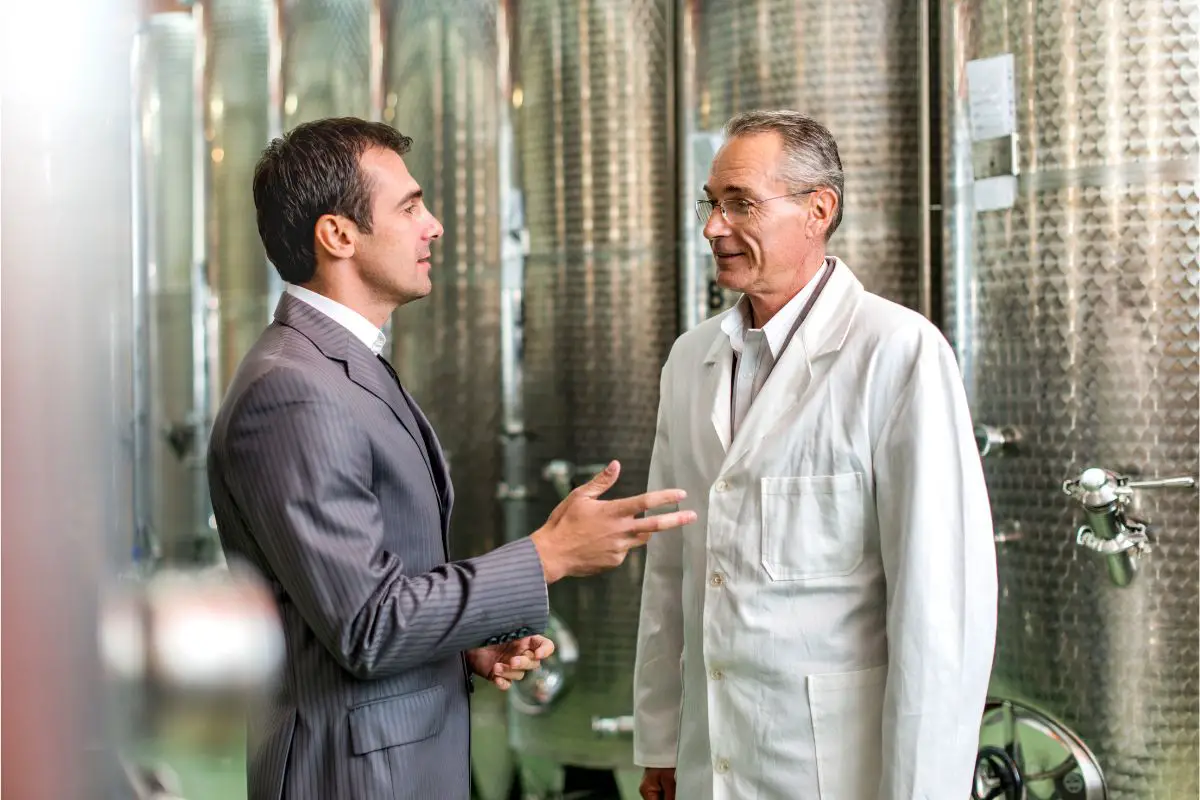
The 2021 Florida Craft Distilleries Law was enacted in a sweeping wave of legislative reform affecting craft distilleries across the state.
Changing the legal landscape, this law covers three core aspects: What craft distilleries can produce and sell, where they can sell it, and how large the operation can become.
Largely beneficial for craft distillers, these changes create opportunities for increased sales and improved marketing practices, which should lead to a brighter future for many of Florida’s small but brave craft alcohol makers.
These reforms allow more product variety and encourage sales outside typical channels, offering more possibilities to reach customers.
What Do You Need To Know As A Business About Liquor Laws And Regulations In Florida?
It’s important to make sure you understand all of Florida’s liquor laws for your particular business establishment before applying for and receiving any sort of liquor licensing.
Other specific requirements vary depending on what type of license you are seeking. Meeting these regulations is necessary in order to properly serve alcoholic beverages and remain compliant with state law.
Failing to adhere to all relevant regulations can result in hefty fines or even losing your license completely.
The Liquor License Transfer Option
The liquor license transfer option is an excellent way for businesses to gain a legal permit to sell alcoholic beverages without having to wait through long waiting periods.
Those who purchase a closed business or establish a new business in the region of an existing and defunct license can use this option to expedite their permit process.
Just as with obtaining a new license, any potential licensee must show that their company satisfies the criteria set by their local regulatory body responsible for issuing permits.
In order to guarantee that all processes are transparent and conducted legally, it is best practice to entrust your application and requirements with a professional and reliable licensing agency such as Liquor License Outlet.
Applying For Quota Liquor Licenses
Obtaining a Quota Liquor License is an important component of doing business in many states. These licenses allow smaller stores, markets, and other establishments to sell alcohol legally and with distinction.
Final Thoughts
Florida’s liquor laws are complex, but it is important to understand them in order to ensure that your business remains compliant.
Make sure you have all the necessary documents and information prepared before applying for a license and be aware of any restrictions or regulations that apply to your particular situation.
